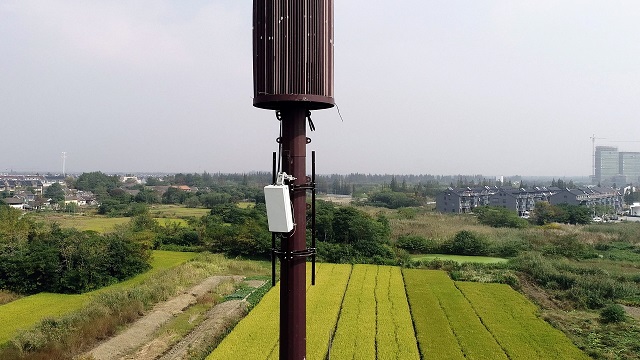Strand Consult has revealed its views on the removal of Huawei’s equipment by BT and Vodafone in the United Kingdom.

BT, the largest mobile and broadband company, estimated that a ban on Huawei’s equipment in its 5G networks would cost it no more than the 500 million pounds ($630 million) it had earmarked to comply with a cap imposed earlier this year, Reuters reported.
Telecom operators cannot buy any new 5G equipment from the Chinese company after the end of this year and all of its 5G gear has to be stripped out of networks by the end of 2027 under the measures announced on Tuesday.
BT CEO Philip Jansen said the decision clearly had logistical and cost implications for BT.
“However, we believe the timescales outlined will allow us to make these changes without impacting on the coverage or resilience of our existing networks,” he said.
“It will allow us to continue to roll out our 5G and full fibre networks without a significant impact on the timescales we’ve previously announced.”
BT was already working to remove Huawei’s equipment from its EE mobile network to comply with a ban on its use in the most sensitive parts and a 35 percent cap on its overall use, at a cost of about 500 million pounds.
Jansen added that BT would continue to evaluate the details of Tuesday’s decision.
Vodafone, which uses Huawei in its UK 5G network, acknowledged the government had understood the issue’s complexity and sought to minimise disruption to smartphone users, businesses and public services through an adequate timeframe for implementation.
“Obviously we are disappointed because this decision – as the government has highlighted today – will add delay to the roll out of 5G in the UK and will result in additional costs for the industry,” a spokesman said.
Telefonica’s O2 does not use Huawei.
Strand Consult views
Strand Consult does not agree with Vodafone or BT.
It is hard to take the statements from Andrea Dona from Vodafone and Howard Watson from BT seriously. They contradict statements made to investors in January and February of this year, Strand Consult said.
In any event, one can determine the truth by reviewing the following facts:
Mobile operators must upgrade their networks if they want 5G, regardless of whether they use Huawei. There is a sunk cost to network upgrades which must be subtracted from the total cost of using Huawei. Most of Europe’s networks are already 3-5 years old and are ready to be replaced.
70–80 percent of the existing RAN equipment must be replaced, regardless of the political decision or the choice of vendor.
In the last 3 years, mobile operators in Europe bought RAN equipment for $8.75 billion (about $2.9 billion annually). Forty percent of this equipment has been purchased from Huawei and ZTE. A conservative estimate suggests that replacing the Huawei and ZTE equipment purchased since 2016 (which probably can be upgraded to 5G) will cost $3.5 billion. This amount compares to 14 months of total European radio access network (RAN) purchases, a small number both for Europe and the world.
Examine the financial statements of operators which have ended their Huawei contracts in 2019/ 2020 and switched suppliers. If it were true that not using Huawei would increase costs, we would see the Capex increase, Strand Consult.
“However, we can see from Denmark’s TDC and Norway’s Telenor and Telia that costs did not go up for the same investment when these operators chose to replace Huawei with Ericsson. The same can be said for KPN in Netherlands which switched from Ericsson to Huawei,” Strand Consult said.
Strand Consult’s report called the cost to rip and replace Chinese equipment from telecom networks debunks the story from Vodafone and BT and explains how a proper economic analysis must be prepared to examine the impact of restricting Huawei and ZTE.
If other operators such as TDC, Telenor, Telia KPN and Bell Canada do not experience the same costs as BT and Vodafone claim they will experience, then the other operators’ technical staff are more skilled than those in Vodafone and BT, Strand Consult said.
BT said bans would result in blackouts with switching equipment. Mobile operators around world are switch out equipment every day without blackouts. Why is BT the only operator with this problem?
Telefonica’s O2 does not use Huawei equipment, and it is in a great position. It can give them an advantage in marketing to customers who want to ensure that their data does not fall into the hands of the Chinese government.
